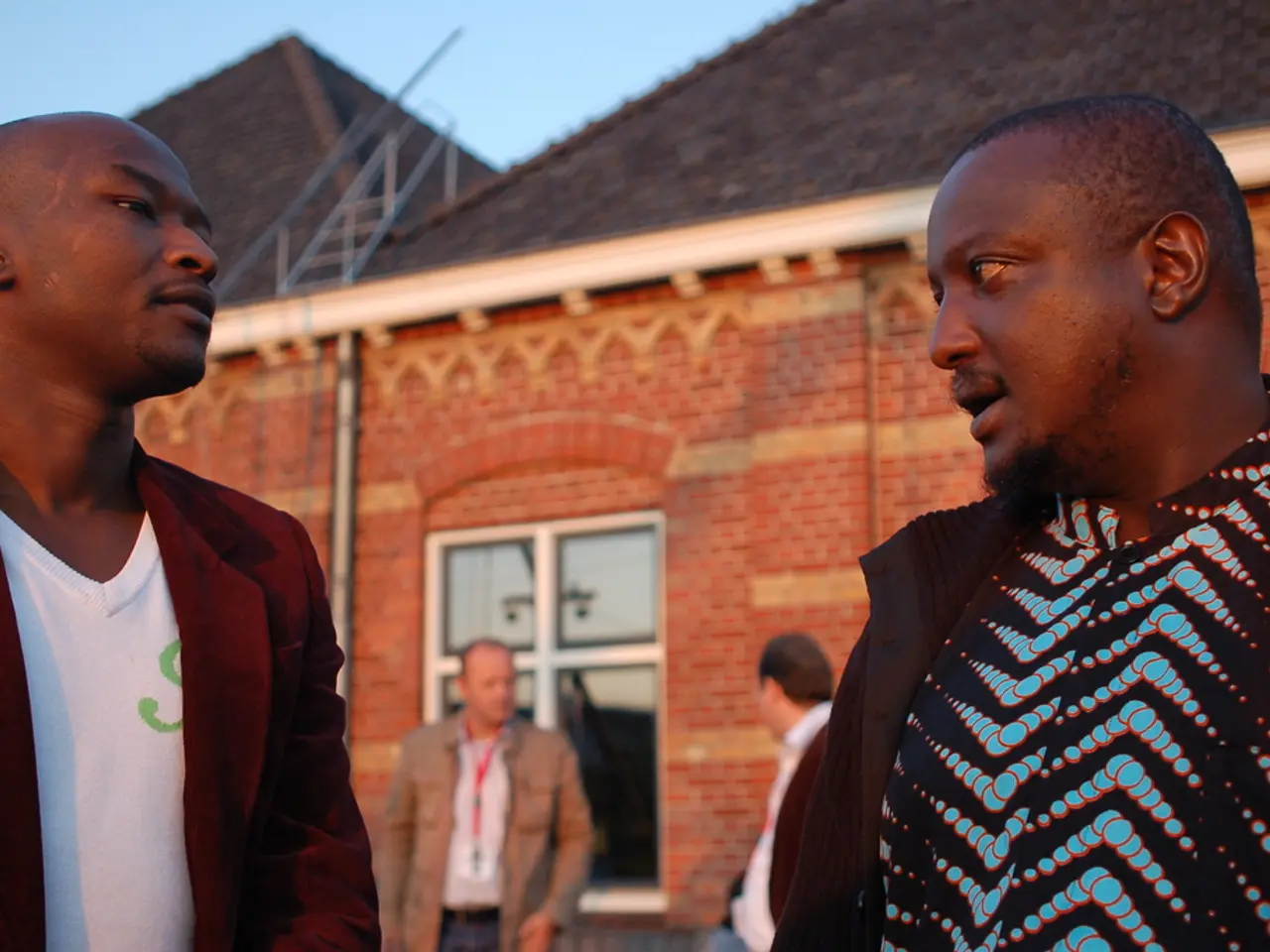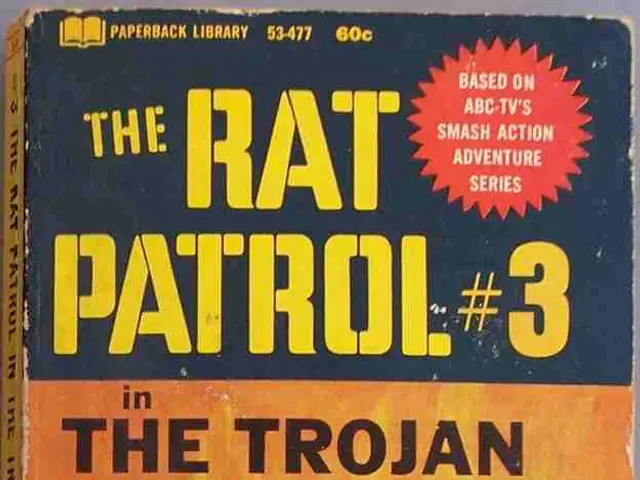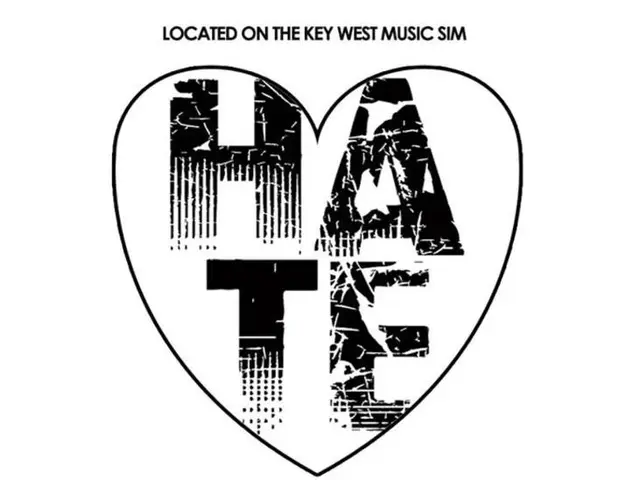Rapidly expanding blockchain environments fueling Web3 advancement in Africa, despite reduced investor interest.
In the rapidly evolving world of blockchain technology, Africa is emerging as a hotbed of innovation and growth. Over the past two years, global blockchain networks have been actively supporting African startups in Web3 and blockchain, facilitating borderless, real-time commerce and promoting digital asset adoption.
Mastercard and Circle, for instance, have enabled USDC stablecoin settlements across Eastern Europe, Middle East, and Africa regions. This partnership with local financial services has indirectly supported private sector growth, including tech startups, by providing substantial funding aimed at connectivity and infrastructure, which benefits the blockchain ecosystem.
Notable among these ecosystems is Solana, which has gained a recognisable presence in Nigeria due to community-driven growth. Solana's most active developer community, Superteam Nigeria, boasts nearly 40 core team leads and over 200 members across 30 Nigerian states.
Avalanche Foundation backs developers through Codebase, its official incubator, and funds pitch competitions across Nigeria and Kenya. Meanwhile, Binance operates the Binance Smart Chain (BSC), a layer-1 blockchain network that powers a decentralised exchange (DEX) for crypto assets and is widely used in several African countries for spot trading and peer-to-peer (P2P) transactions.
Bitcoin's adoption in Africa has been driven by grassroots groups like BitDevs Lagos, BitDevs Abuja, and the Calabar Bitcoin Club. Despite having less direct ecosystem impact than other blockchains, Bitcoin introduced many African developers to Web3. Bitcoin's layer-2 solution, the Lightning Network, enabled faster, cheaper payments, allowing Nigerian developers to build real-time remittance and retail services.
Other blockchains like Algorand, Polkadot, Stellar, Arbitrum, and Sui have also stepped in to support Africa's blockchain growth. Algorand, for example, offers fast payments, low fees, and direct support for founders. Its partnership with Paycode enables secure, offline payments for over six million users in several countries.
Polkadot is building Africa's blockchain base through developer training, funding, and hands-on support for local projects. Notable projects on Polkadot include 1TRIBE, a platform promoting African art, music, and NFTs, with commerce powered by DOT.
Celo Africa DAO supports 16 early-stage teams in its incubator, while the Celo Africa Web3 Fund, backed by Flori Ventures and EchoVC, has helped more than 50 startups raise funding, including Bitmama and Canza Finance.
However, the pullback in Nigeria, the continent's most active market, stems from a mix of global shocks and local hurdles, including the 2022 collapse of FTX and the Central Bank's 2021 ban on crypto. Despite these challenges, funding to Africa's Web3 and blockchain sector has declined over the past two years.
Efforts to onboard new builders and offer blockchain-based learning rewards are being made by initiatives like Sei and Sei Africa. Sei supports Africa's blockchain growth with fast, low-fee DeFi infrastructure and grants for local teams. In 2024, Sei introduced a version 2 upgrade, making the layer-1 chain compatible with Ethereum.
Mysten Labs, through co-founder and chief product officer Adeniyi Abiodun, partnered with Semicolon Africa to launch a $1.3 million fund to offer loans to developers learning Move. StarkWare launched a $4 million fund to back African Web3 startups building on the Starknet network.
Celo has built a reputation in Nigeria for backing founders through the Stellar Community Fund (SCF), which offers grants up to $150,000 after technical reviews. Avalanche partners with Web3 fintechs like Fonbnk to allow users to convert mobile airtime into USDC and other digital currencies.
Sui Foundation launched SuiHub Lagos, its first African developer hub, offering workshops and mentorships. Celestial is bringing modular blockchain tools to Africa, allowing developers to launch custom blockchains without heavy infrastructure. Its ecosystem supports apps in payments, supply chain, and creative industries.
Notable projects in the Sui ecosystem include TradePort, an NFT marketplace, and Nexa, a data analytics platform built on the network. Sui Nigeria hosts a Telegram community with over 2,000 members and hosts events yearly.
In conclusion, Africa's blockchain ecosystems are thriving, with global blockchain networks, local startups, and grassroots groups all playing their part in promoting digital asset adoption and fostering innovation. Despite the challenges faced, the future of blockchain in Africa remains promising.
Read also:
- Weekly update from the German federal parliament, Bundestag
- Eco-Friendly Wine Farming and Production Methods
- Unveiling of Sportradar's Third Integrity Report in Sports Industry
- Women's Grocery Industry Legend Bryan Molnar, recognized as a trailblazer in retail, hails from Whole Foods Market executive ranks.








